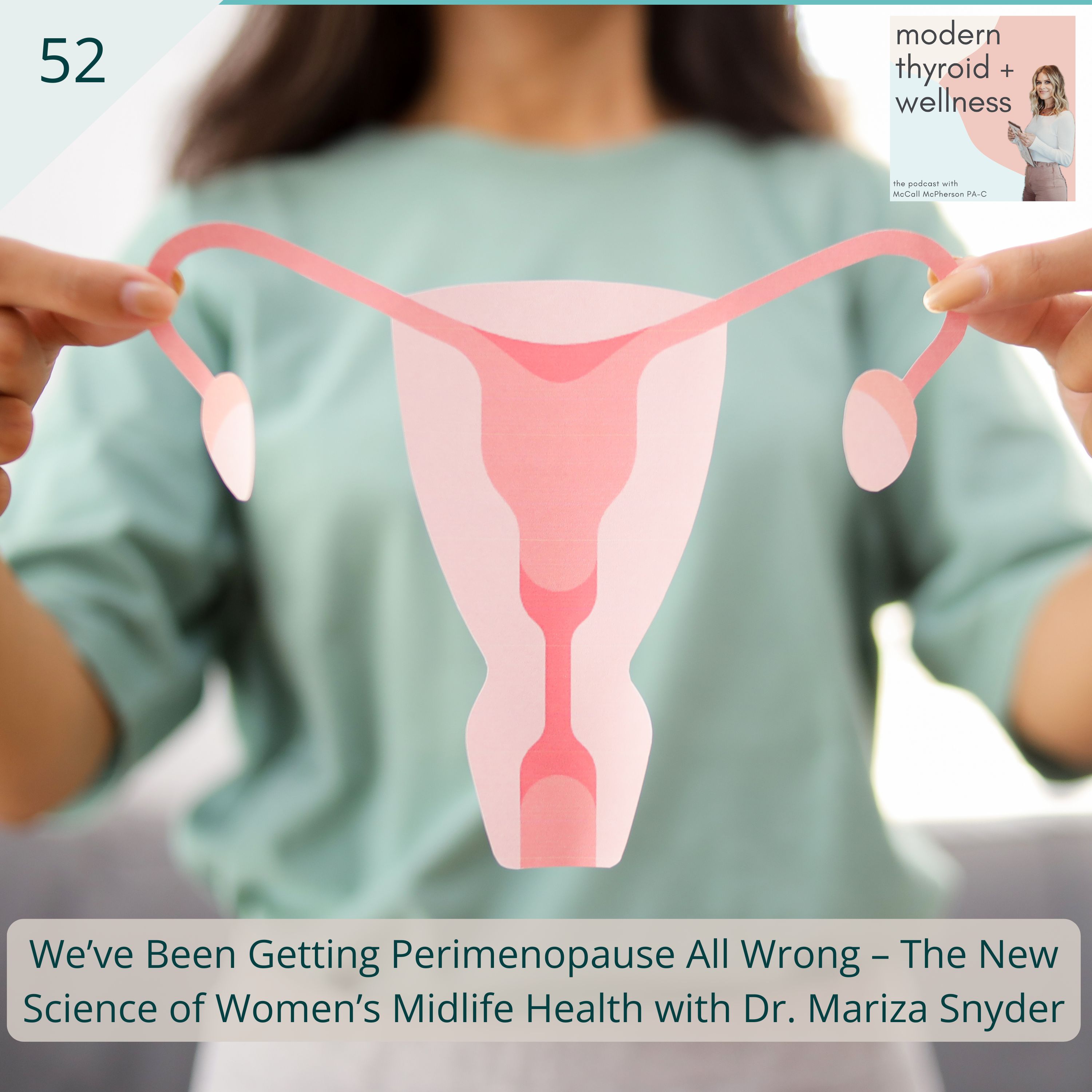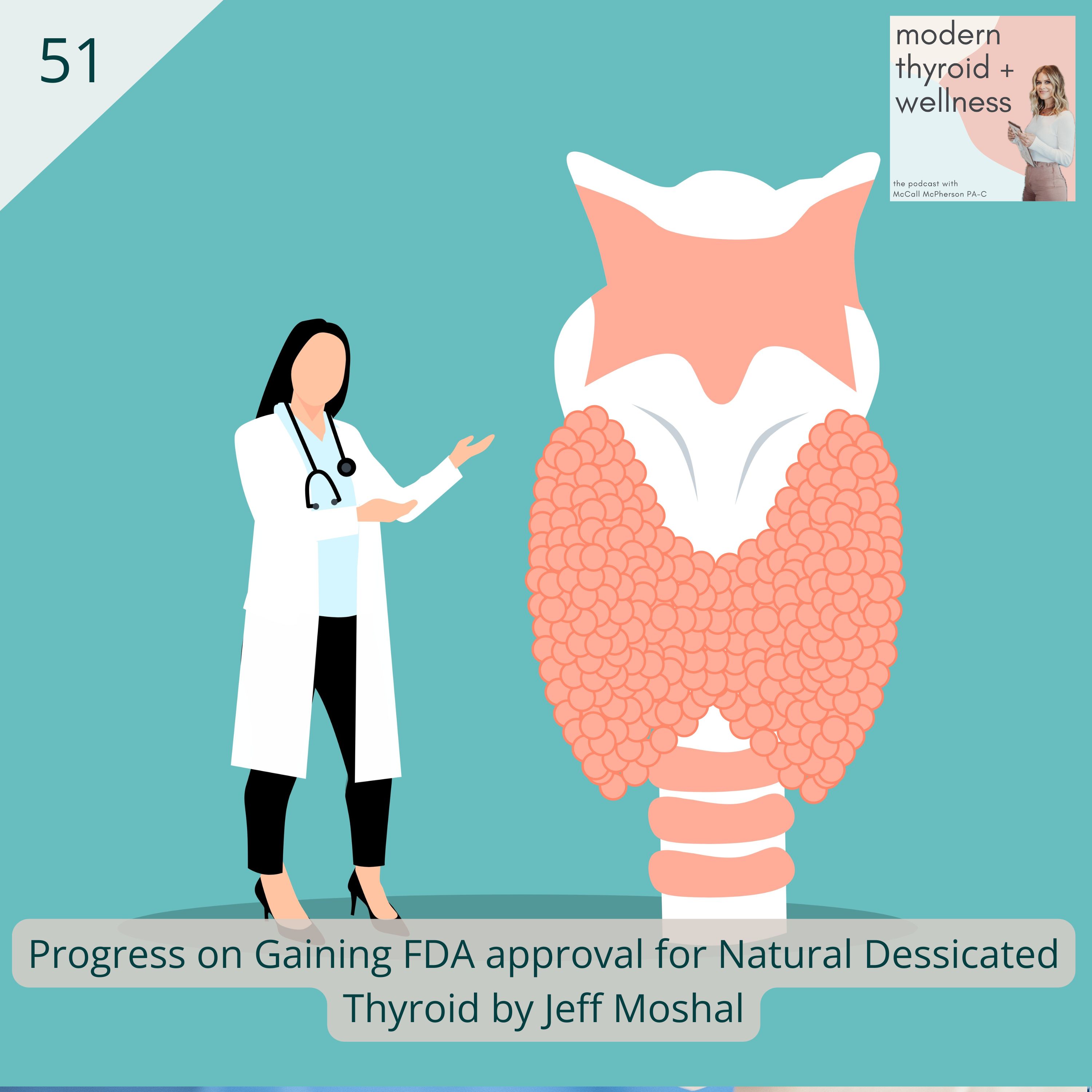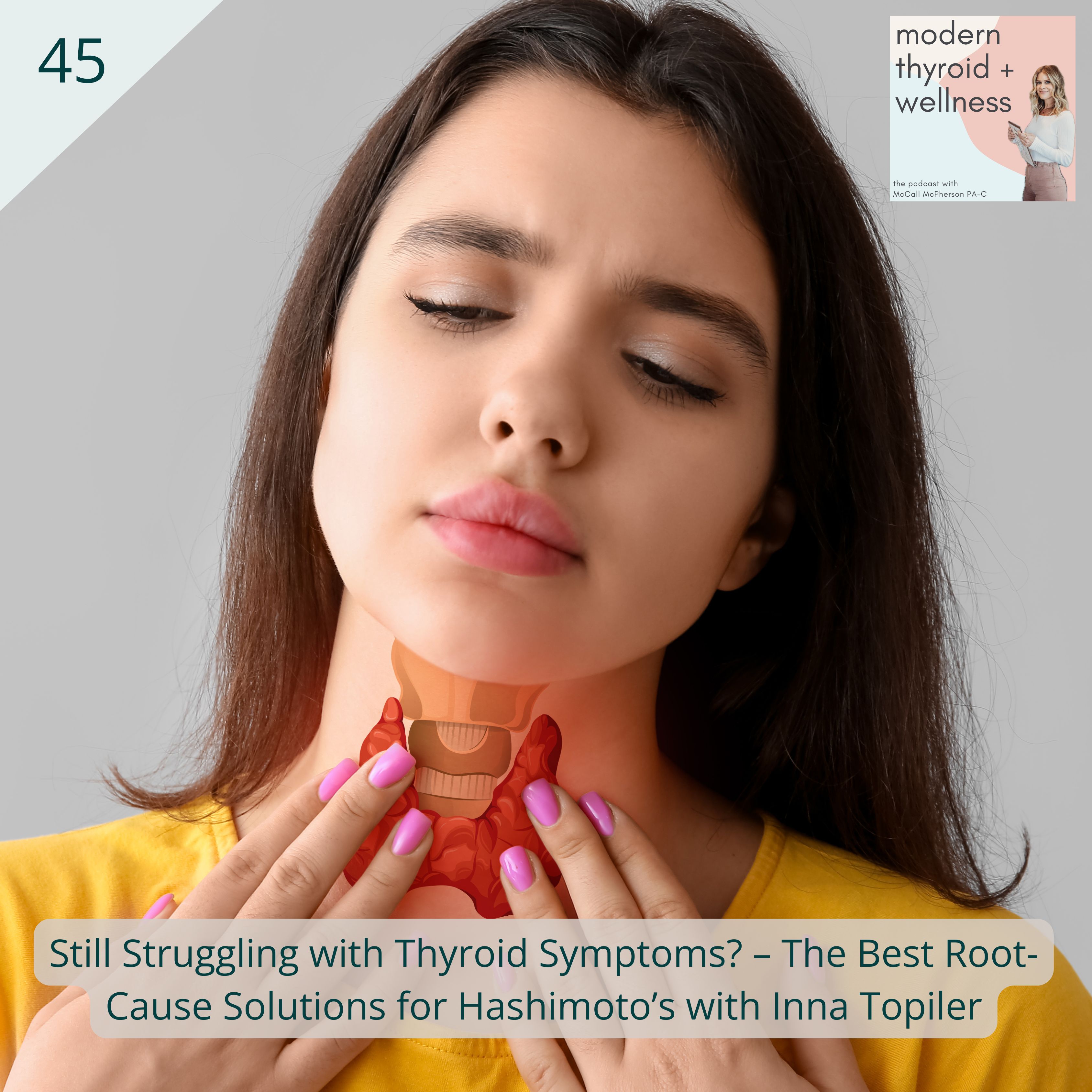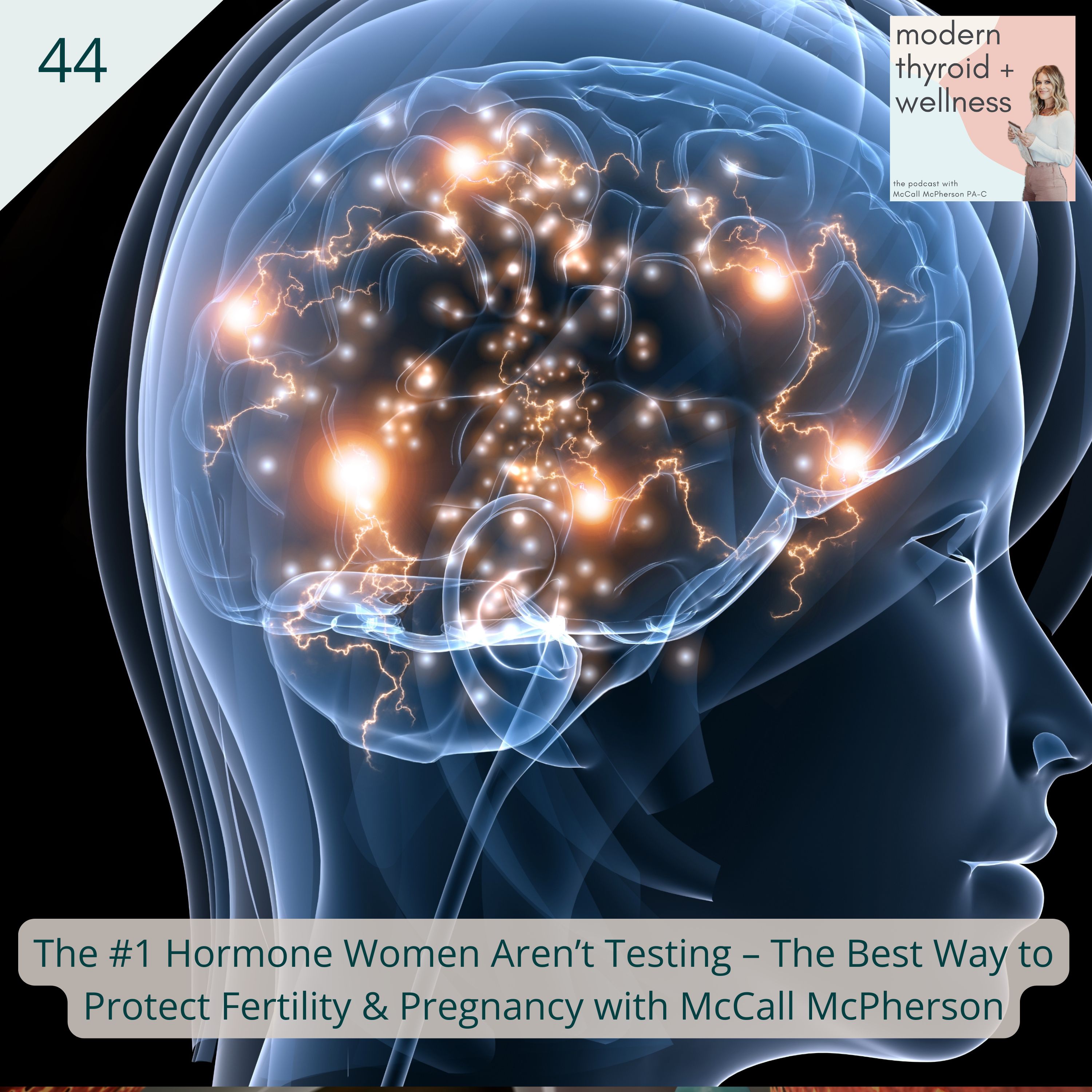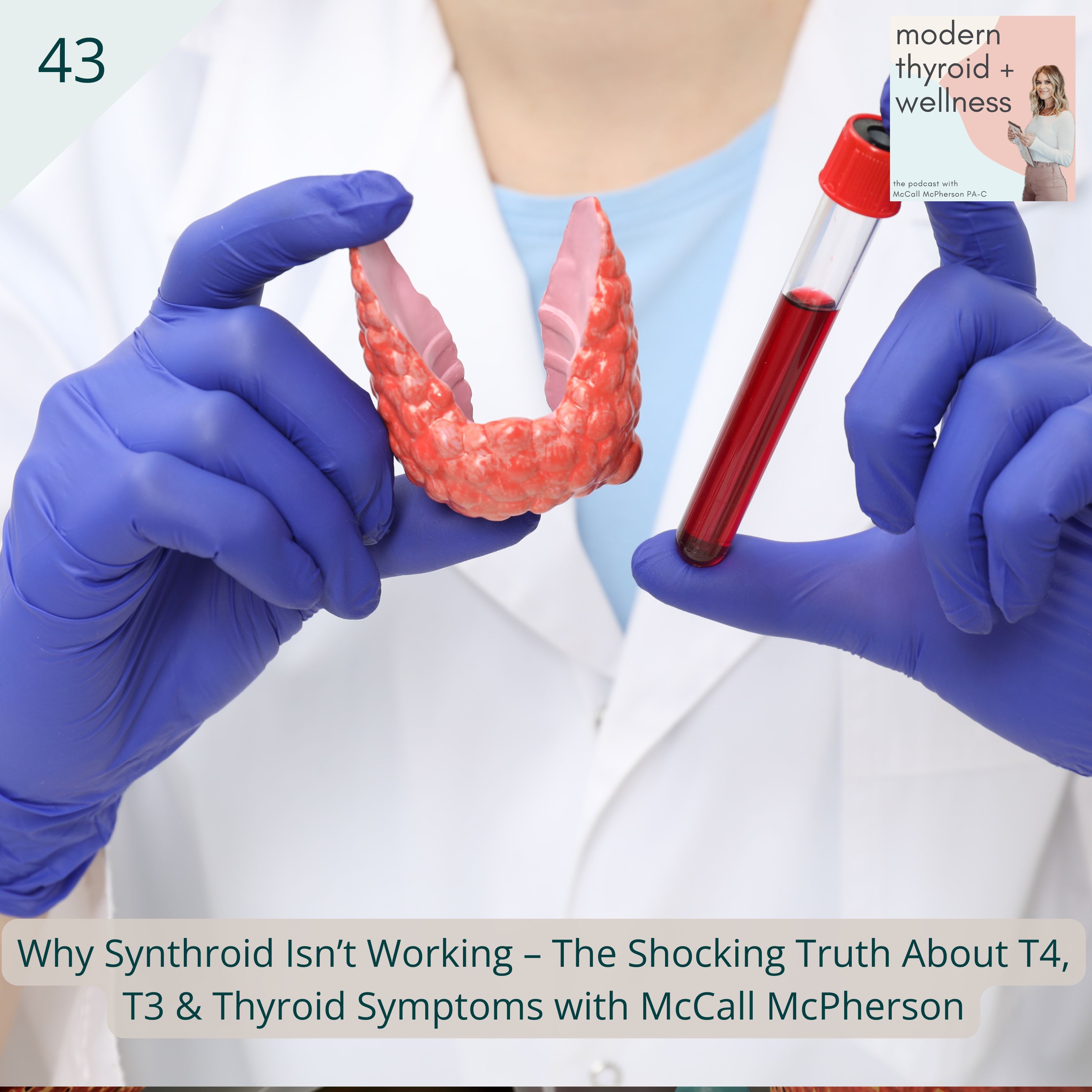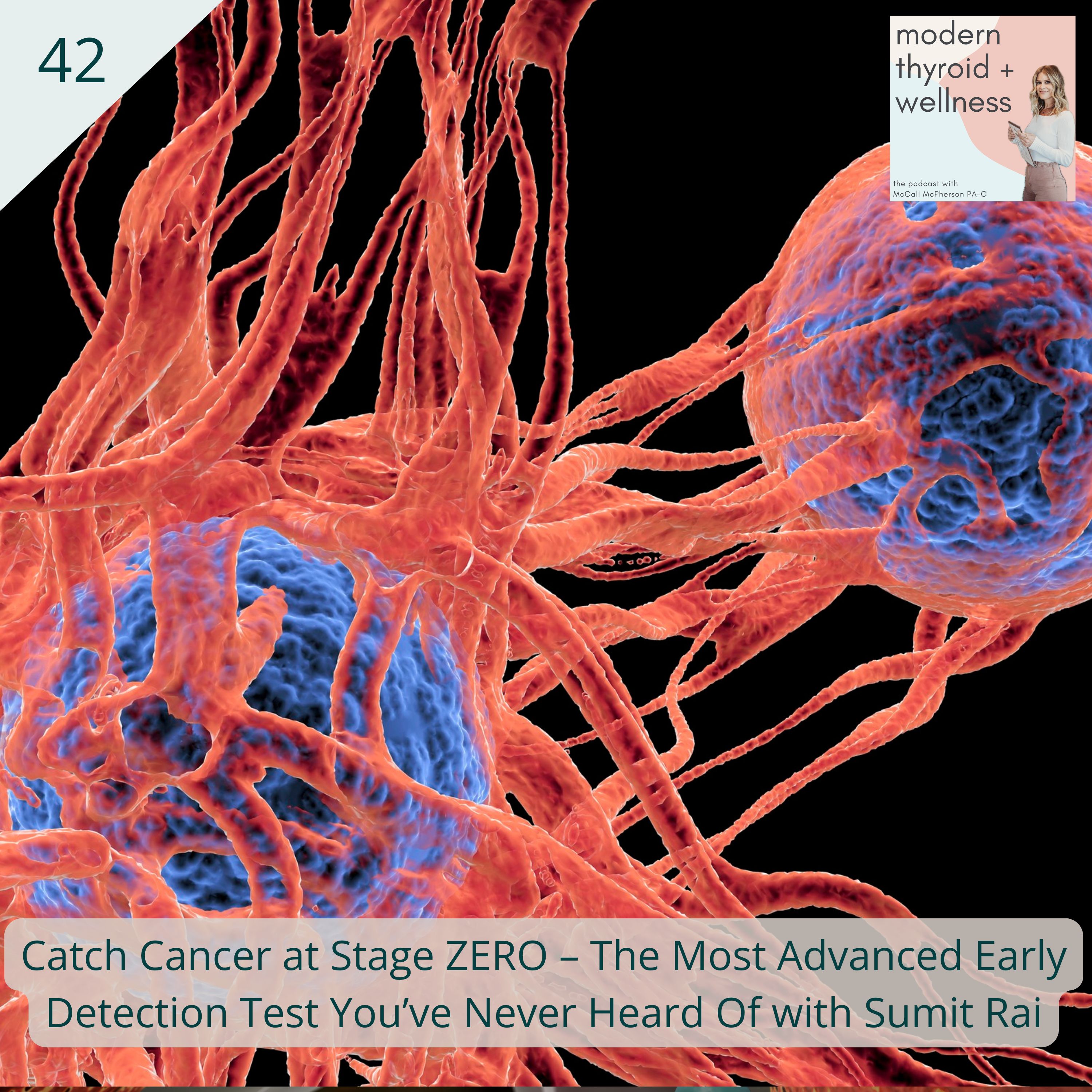

Hashimoto's disease is an autoimmune condition where the immune system mistakenly attacks the thyroid gland, leading to inflammation and potential damage. This can result in hypothyroidism, a state where the thyroid does not produce enough hormones. However, it's crucial to note that one can have Hashimoto's without experiencing hypothyroidism, and vice versa. Research indicates that approximately 80% of individuals with hypothyroidism have Hashimoto's anti bodies, but this statistic can vary based on environmental factors and individual health conditions.
The symptoms of Hashimoto's often overlap with those of hypothyroidism, as the latter is a common outcome of the disease. Key symptoms include:
● Fatigue: A pervasive sense of tiredness that does not improve with rest.
● Brain Fog: Difficulty concentrating, memory issues, and mental clarity problems.
● Weight Gain: Unexplained weight increase despite normal diet and exercise.
● Cold Intolerance: Increased sensitivity to cold temperatures.
● Dry Skin and Hair: Skin may become rough and dry, while hair can become brittle and fall out.
● Goiter: An enlarged thyroid gland, which may cause visible swelling in the neck and difficulty swallowing.
To diagnose Hashimoto's, it is essential to test for specific antibodies. The two primary tests are for:
1. Thyroid Peroxidase Antibodies (TPO): A level below 34 indicates that a person is not in a Hashimoto's state, but monitoring is still necessary.
2. Thyroid Globulin Antibodies: Ideally, these should be less than 1 for a healthy state.
Regular testing is crucial for anyone diagnosed with hypothyroidism, as it helps determine if Hashimoto's is present and guides treatment decisions
In traditional medical practice, the approach to Hashimoto's often involves monitoring thyroid hormone levels and prescribing medication to manage hypothyroidism. Once diagnosed, many practitioners may not focus on the autoimmune aspect, believing that there is little that can be done to alter the course of the disease. This perspective can lead to a lack of comprehensive care for patients.
In contrast, functional and integrative medicine views autoimmune diseases like Hashimoto's as modifiable. The focus is on reducing inflammation and addressing the underlying causes of the autoimmune response. This approach includes:
● Nutritional Support: Incorporating nutrients that support thyroid health and reduce inflammation, such as:
● Glutathione: A powerful antioxidant that helps combatinflammation. It can be taken orally or applied transdermally for targeted effects.
● Selenium: Research suggests that 200 micrograms of seleniumdaily can help reduce antibodies associated with Hashimoto's.
● Gut Health: The gut microbiome plays a significant role in over all health and inflammation. Testing for gut imbalances, such as dysbiosis or leaky gut, can provide insights into how to heal and support the immune system.
● Dietary Changes: While some may fear restrictive diets, the speaker emphasizes that dietary modifications can be made without extreme measures. Testing for food sensitivities can help identify which foods may be contributing to inflammation. Common culprits include:
● Dairy
● Gluten
● Grains
● Eggs
● Legumes
● Nuts and Seeds
The goal is to create a personalized dietary plan that reduces inflammation without unnecessary restrictions
The speaker begins by discussing the importance of measuring specificanti bodies to tailor dietary changes effectively. The recommended approach is to start by testing thyroid peroxidase (TPO) and thy roid globulin antibodies. Once these levels are established, the speaker suggests eliminating one food group at a time to identify potential triggers.
1. Choose One Food Group: The speaker recommends starting with either gluten or dairy, but not both simultaneously. This prevents excessive restriction and makes it easier to identify which food maybe causing issues.
This methodical approach allows individuals to identify which foods are truly problematic without unnecessarily restricting their diet.
The speaker highlights intermittent fasting as another effective strategy for reducing thyroid antibodies. They note that some patients have experienced significant improvements in their antibody levels without making any dietary changes, simply by adopting an intermittent fasting regimen Intermittent Fasting Guidelines:
● Frequency: The speaker recommends that women practice intermittent fasting 4 to 5 days a week, allowing for flexibility on weekends or days with social plans.
● Eating Window: An eight-hour eating window is suggested, during which individuals can consume their meals. Outside of this window, they should avoid anything that could raise blood sugar or insulin levels, such as food.
● Beverages: Coffee and tea are permissible, but they should be consumed without added sugars, carbs, or proteins, keeping the calorie count below 50.
● Flexibility: The eating window can vary from day to day, accommodating personal schedules and hunger levels
The speaker emphasizes that the flexibility of intermittent fasting is often over looked, and it should not be viewed as a rigid or dogmatic practice. This adaptability can make it easier for individuals to incorporate fasting into their lifestyles.
Another treatment option discussed is Low Dose Naltrexone (LDN), a medication that has shown promise in reducing inflammation and modulating the immune system. The speaker explains how LDN works by altering the body's physiology to decrease inflammation without suppressing the immune system.
● Antibody Reduction: The speaker has observed significant reductions in TPO antibodies among patients using LDN, with some experiencing a drop of 500 points within three months.
● Additional Health Benefits: LDN is noted for its potential anti-cancer and anti-aging properties, as it can help the body identify and eliminate weak cancer cells. There is also emerging evidence suggesting its benefits in preventing severe cases of COVID-19 and long COVID.
● Side Effects: The speaker mentions that side effects are generally minimal, with vivid dreams being the most common. A small percentage of patients may experience grogginess in the morning, but this typically resolves over time
The speaker briefly touches on GLP-1 agonists, a newer class of medications primarily used for weight loss. However, they emphasize that these drugs have additional health benefits that are often overlooked, particularly in the context of thyroid health.
● Antibody Reduction: The speaker has witnessed significant reductions in Hashimoto's antibodies among patients using GLP-1agonists, indicating their potential role in managing auto-immune thyroid conditions.
● Long-Term Health Outcomes: The speaker believes that the benefits of these medications extend beyond weight loss, warranting further discussion in future episodes
Hashimoto's disease is a complex autoimmune condition that requires a nuanced understanding and approach. By distinguishing between Hashimoto's and hypothyroidism, recognizing symptoms, and emphasizing the importance of antibody testing, individuals can better navigate their health journey. Treatment should not be limited to managing hormone levels; instead, a holistic approach that includes nutritional support, gut health, and lifestyle modifications can lead to improved outcomes and quality of life he speaker encourages patients to take an active role in their health, advocating for regular monitoring of antibodies and exploring various treatment options that align with their lifestyle and preferences. With the right support and interventions, it is possible to manage Hashimoto's effectively and lead a fulfilling life. By focusing on dietary modifications, intermittent fasting, and specific medications like LDN and GLP-1 agonists, individuals can take pro active steps to reduce inflammation and improve their overall health. The speaker expresses gratitude for the audience's participation and invites further questions and discussions on these topics in future episodes.









